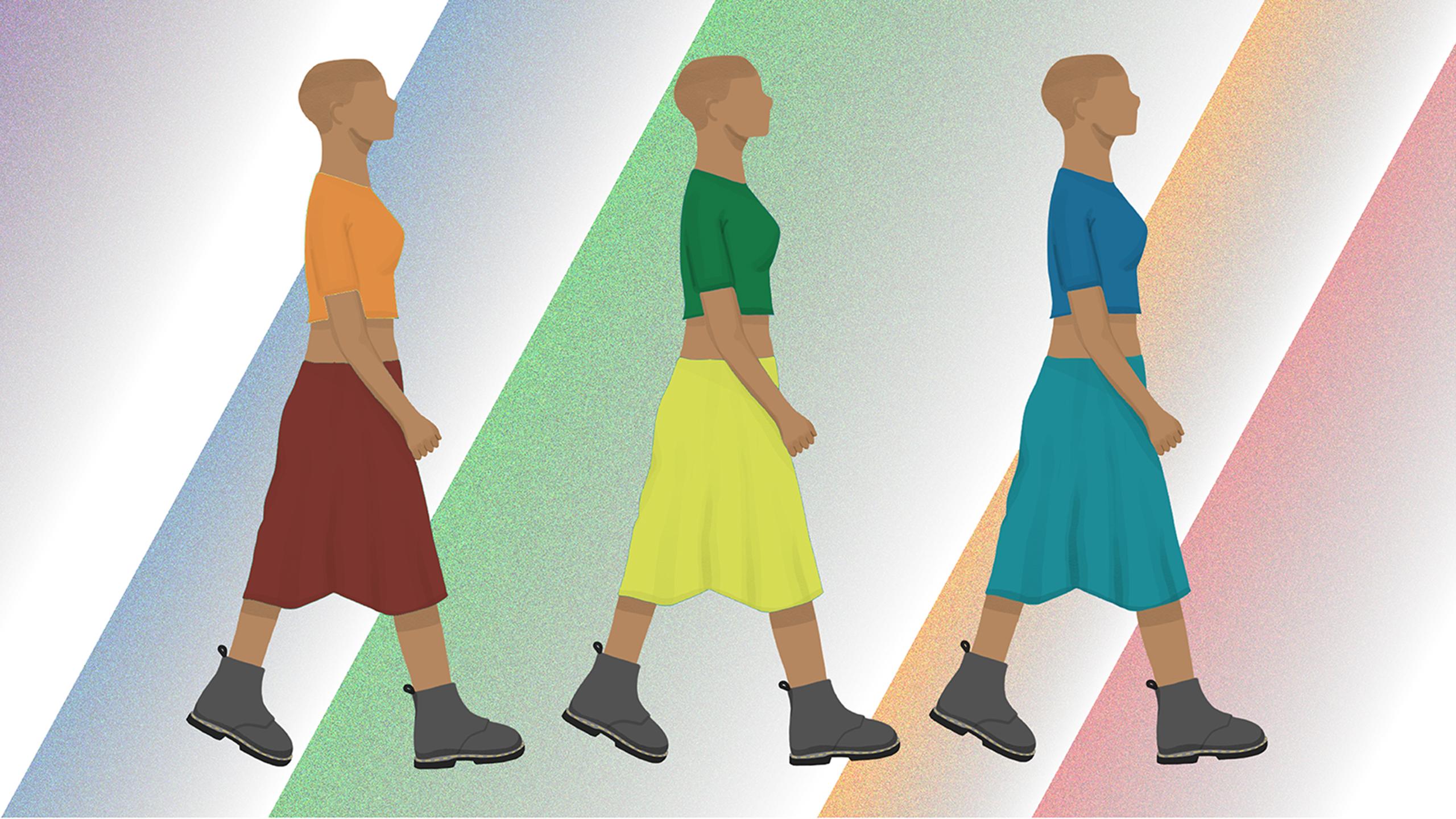By David Jardine
On Oct. 11, International Coming Out Day commemorates the bravery of being a member of the LGBTQ community. This event falls on the 32nd anniversary of 1987’s National March on Washington for Lesbian and Gay Rights, according to the Human Rights Campaign.
While coming out is an experience most LGBTQ people will have in their life, none of those experiences are the same.
Rand Clayton, a 2020 graduate of the masters of social work program at Ryerson, is no stranger to the discrimination queer folks face. Rand attended high school in Stouffville, Ont. between 2007 and 2011, when “calling people gay was still funny.”
Clayton, who today identifies as non-binary, originally came out to their parents as bisexual spontaneously, after their younger sister had come out as bisexual to their parents as well.
Coming out was an important moment for Clayton. It meant “not attempting to hide part of myself anymore,” they said. According to research from Stonewall, an LGBT rights group based in the UK, “two in five LGBT students (42 per cent) have hidden their identity at university for fear of discrimination.”
The fear of being out is valid. Thirty four per cent of trans folks in Ontario had experienced verbal threats or harassment, while 20 per cent of trans folks in Ontario had experienced physical or sexual assault due to their identity, according to the Canadian Mental Health Association. In 2014, Stats Canada said a lesbian, gay or bisexual person is two times as likely to be a victim of a violent crime than a straight person.
Before Noah Sharma, a second-year business management student, came out to their mother, they started by dropping hints. “I started telling her about how I have a classmate that’s gay,” they said. These casual conversations gave Sharma insight into how their mother might react when they eventually did come out. It’s their number one strategy before coming out to folks to this day.
Taking the step to come out to those close to you is an important moment for many queer folks. However, Sharma notes that the identities of queer folks are valid regardless of how others react.
“Every single day of my life I have to come out”
“[Being queer] is a part of who I am,” said Sharma. “Your identity is valid and if people don’t respect that, that’s a ‘them’ problem, not a ‘you’ problem.”
Regardless of how one comes out, one thing that queer folks know is that coming out is never a singular event. Instead, it’s an ongoing process that happens over and over again throughout their life.
“Every single day of my life I have to come out,” said Sharma. “I recently got a job and I had to come out to my manager and my coworkers.”
“You don’t just come out once…because we assume everyone is straight and cisgender,” said Clayton.
Since, at times Clayton, may appear to be in a heterosexual relationship, they need to reaffirm they are still bisexual on an ongoing basis. “When you’re bisexual, the closet has a revolving door,” they said.
Anytime someone asks about relationships or makes an incorrect assumption regarding queer folks, they’re faced with the decision to come out or not. This can be even more common for those who may not fit where people expect them to on the gender binary. According to a study by the Self and Identity journal, “Genderqueer folks, and people who had taken fewer steps in the transition process, were most likely to be misgendered.”
“The dynamics were definitely different after I came out as non-binary,” said Clayton. The need to clarify their pronouns has meant Clayton has had to come out more often than when they were distinguishing their sexuality.
Regardless of who they’re out to, International Coming Out Day is a day to celebrate all LGBTQ2S+ people.
RyePRIDE, one of the eight RSU Equity Service Centres, is a safe place for LGBTQ2S+ students, said coordinator Kyia Giles.
Whether you’ve come out or not, “[International Coming Out Day] is a day to be celebrated,” said Giles. “[Coming out] is a huge step for people who are part of the [LGBTQ2S+] community. To be able to show this is 100% me, my authentic self.”
RyePRIDE—as well as the Trans Collective and the Centre for Women and Trans People—run programming to help educate the Ryerson community about the struggles LGBTQ2S+ folks face, while also providing their communities with a safe space to be themselves.
“[Coming out] is all about you, so do it by your own rules and at your own time whenever you feel safe and comfortable to come out,” said Giles “For those who are not out, for whatever reason, with RyePRIDE you’ll have a safe space.”













Leave a Reply